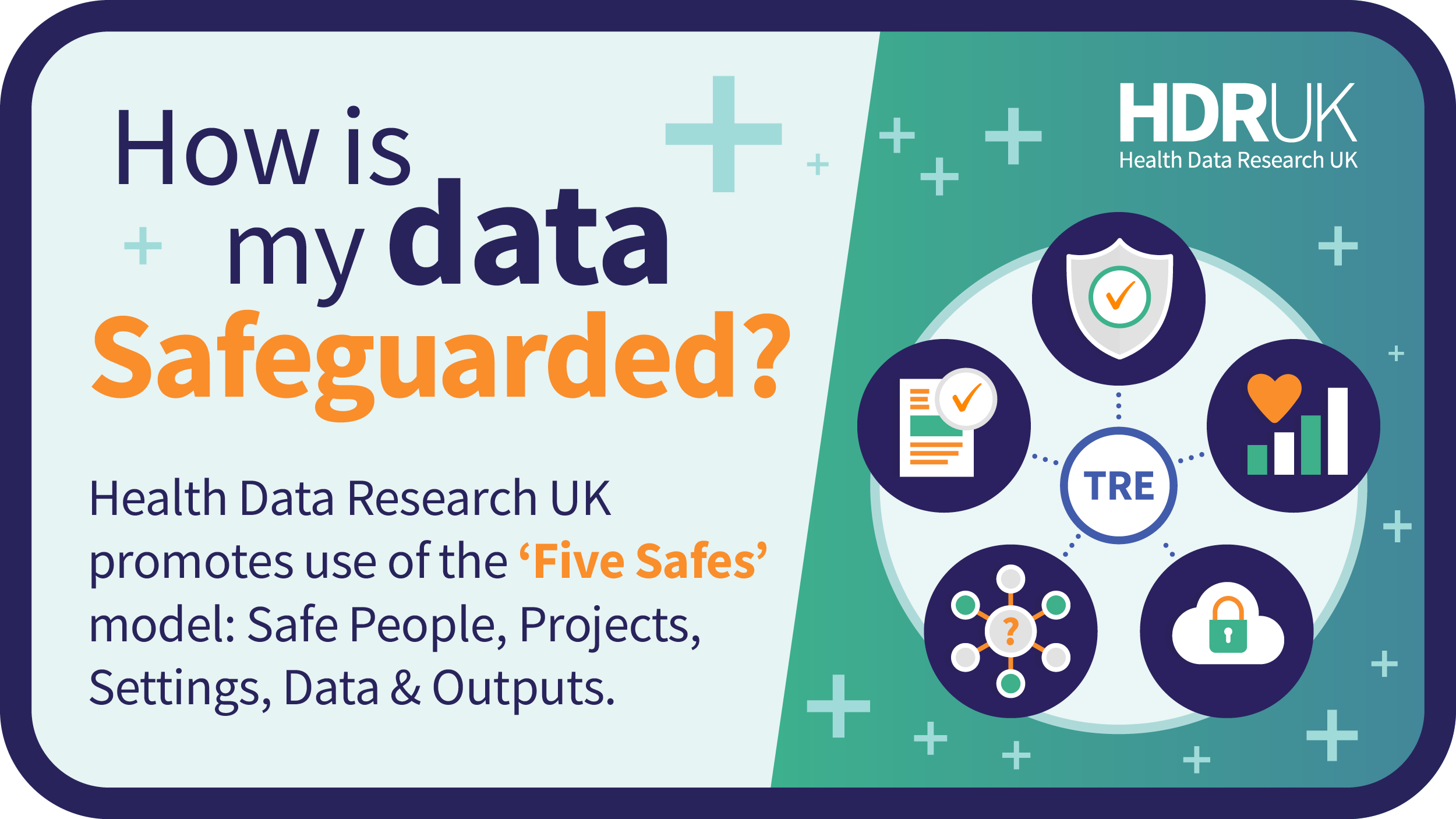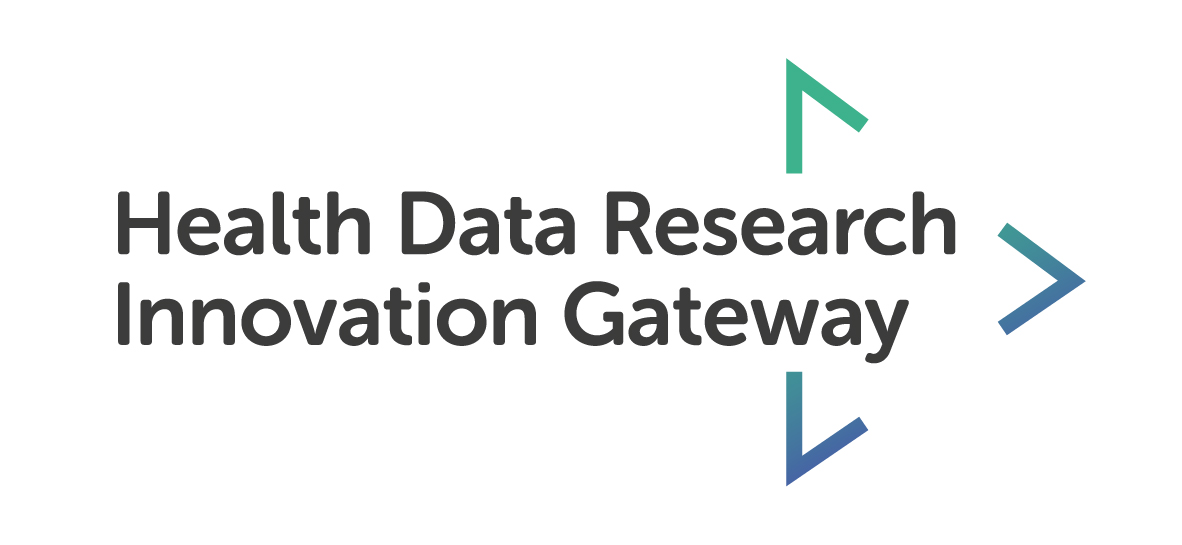The Honest Broker Service – the Trusted Research Environment for Northern Ireland
9 November 2022
For the second of our series on the UK's Trusted Research Environments, we're shining a light on the Northern Ireland Health and Social Care Honest Broker Service (HBS). We spoke to Alan Harbinson, Principal Statistician and Head of the HBS, to find out more about the service, its development and how it has been used to date.

The Health and Social Care Honest Broker Service (HBS) gives access to de-identified health data for the population of Northern Ireland.
It provides key services to internal Health and Social Care (HSC) organisations and the Department of Health in providing data for clinical audit and service improvement projects as well as being the Trusted Research Environment (TRE) for approved researchers.
Tell us some of the background behind your TRE.
The HBS is based in the HSC Business Services Organisation (BSO) – an arm’s length body providing support services to Health and Social Care Northern Ireland (Northern Ireland has the HSC rather than the NHS).
It was set up in 2014 to allow data from the HSC trusts to be joined together to gain a fuller understanding of the health of the population. The HBS facilitates access for approved researchers, health planners and policy makers to anonymised and pseudonymised HSC data and can assist in analysis.
Operationally it is managed by statisticians in Family Practitioner Services and staff from the BSO Regional Data Warehouse. The Governance Board has strategic oversight of the service and approves all research applications.
The service has a tenancy of the UK Secure e-Research Platform which allows secure remote access via a Virtual Desktop Infrastructure.
How have the National Core Studies supported the HBS’ development?
Many key COVID-related data sources for the HSC were established within the BSO Regional Data Warehouse. The National Core Studies (NCS) programme helped with prioritisation and justification for researchers’ requests for access to additional data.
The Health Data Research Innovation Gateway has provided a shop window for the HBS to advertise its metadata and services and will be a way for researchers to submit enquiries and applications.
Explore the HBS Collection on the Gateway
Additional funding from the NCS programme allowed the team to build capacity. Engagement with HDR UK and the Data and Connectivity programme has brought opportunities for shared learning across the four nations.
What data is available in your TRE and what researchers can apply for access?
The standard datasets are core data from the Regional Data Warehouse and Family Practitioner Services. This includes inpatient and outpatient data similar to the Hospital Episodes Statistics data held by NHS Digital. There is extensive emergency department, maternity systems and lab data.
Key COVID-19 data includes Pillar 1 and 2 testing data, COVID-19 viral genome data and data on vaccine rollout from the Vaccine Management System (VMS).
There is also data from the integrated health and social care system plus data on dental and ophthalmic treatments. Coded mortality data is also available (requiring project level approval).
Researchers must be accredited under the Digital Economy Act having attended the Office for National Statistics Safe Researcher Training course. Research must be of relevance to health and social care policy and in the public interest.
How have the public and patients been involved in the development of the TRE, and how do you maintain trust and transparency?
The HBS has a lay member and a representative from the Patient Client Council on the Governance Board.
The HBS supports the implementation of the Data Use Register on the HDR Innovation Gateway as a means of showing the public how their data is used. We plan to update the information already posted there.
Discover over 80 data uses from HBS on the Gateway
Patient and Public Involvement and Engagement is a key criteria in all HBS applications.
The HBS has been involved in a number of outreach events most notably with the Dementia Analytics Research User Group (DARUG).
What is the maturity level of the HBS, and how do you see this evolving?
The ability to offer remote access via the Secure e-Research Platform has been a leap forward in our capacity to take part in UK wide studies.
The investment from HDR UK and development of the Gateway has helped the service with an online metadata catalogue and Data Access Request form.
We now need to further stabilise our funding and continue working towards becoming an accredited processing environment under the Digital Economy Act.
Tell us about some key use case examples for the HBS.
The HBS has approved 76 research and 60 non-research projects. A breakdown of the resulting research papers is on the HBS website. It has facilitated four nation and local studies relating to COVID-19.
In 2018 the HBS carried out a joint project with Queen’s University Belfast to improve understanding of the variation in routes to diagnosis of cancer in Northern Ireland.
The HBS also supported a number of research projects for the Dementia eHealth and Data Analytics Pathfinder Programme.
Is there anything else potential users should know?
We are happy to meet with prospective applicants and enquiries can be sent via the HDR Innovation Gateway or to honestbrokerservice@hscni.net.
Read other blog posts in this series on the UK’s national Trusted Research Environment network:
- SAIL Databank & National Core Studies: Accelerating the availability and accessibility of UK health data
- The Secure Research Service: The UK’s largest Trusted Research Environment (TRE)
- QResearch – high-quality data for world-leading research
- The Scottish National Safe Haven – a secure research environment for health data research



